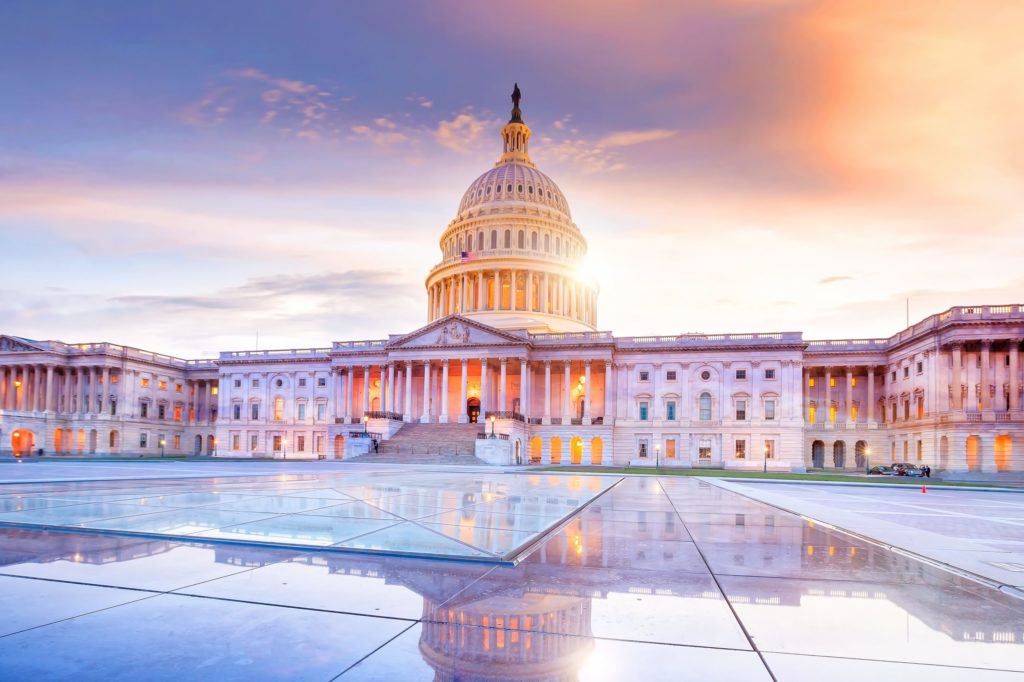The U.S. Postal Service’s ghost ship board
The attached policy study was co-authored by Daniel J. Richardson.
To appreciate democratic dysfunction, one need look no further than the U.S. Postal Service. That single agency is home to all of the defining fights of modern politics, with all of the usual symptoms.
Postal policy currently is embroiled in disputes over how to define the agency’s role with respect to private industry; how to adjust public services to an evolving market; how to provide retirement security to postal employees; and how to manage the USPS’ long-term operating deficit. The service’s day-to-day operations are “off budget,” meaning the perennial deficits that result from these policy stalemates cannot be hidden in the broader federal budget. Despite years of media coverage highlighting the USPS’ financial crisis and other challenges, Congress remains divided on how to reform the Postal Service for the future.
Given this reality, perhaps it’s not surprising the USPS has become another front in the lasting conflict between the White House and Congress over the appointment process. The recent gridlock in the confirmation of both judicial and executive-branch appointments is well-documented. In most cases, the outcome of this gridlock is predictable. Judges take on heavier caseloads or hear cases outside their judicial district. Agencies function with acting executives and delegate authority to officers further down the organizational chart. Boards and commissions can conduct business absent a member or two, often for years at a time. The machinery of government goes on, if a little slower. The agencies and their advocates complain about the inefficiencies and unsustainable burdens, but a crisis sufficient to change the status quo rarely comes to fruition.
However, there does come a point beyond which congressional inaction to seat officers truly becomes paralyzing. For boards of directors, this point is the quorum requirement. If a multimember board cannot gather enough members to form a quorum, it cannot exercise its legitimate authority. Such currently is the case with the U.S. Postal Service.









